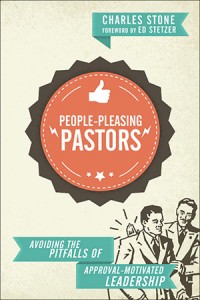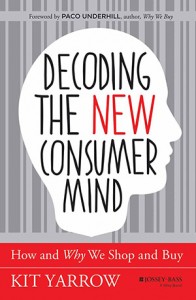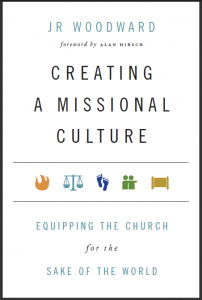People-Pleasing Pastors
 As soon as I saw the title of this book—People-Pleasing Pastors—I knew that I would want to read it and summarize it if it was good. In my experience, one of the biggest and most common challenges for pastors, and leaders in general, is the challenge of people pleasing.
As soon as I saw the title of this book—People-Pleasing Pastors—I knew that I would want to read it and summarize it if it was good. In my experience, one of the biggest and most common challenges for pastors, and leaders in general, is the challenge of people pleasing.
If you are in any kind of leadership, you are bombarded with other people’s desires, expectations, hopes, and dreams. Some people just mention them; others push hard for them—either way, you have to deal with those desires. And pastors especially don’t want to hurt people, which adds to the pressure they can feel.
I think it takes tremendous character not to give in to that pressure, which underscores the importance of soul care for leaders. Developing internal strength takes time and intentionality, but neglecting that increases our vulnerability to other people’s desires. We can’t afford not to take care of our own souls!
I thought Stone said it well: “people-pleasing points to a legitimate human desire. I want people in my church to like me. I want my board and my staff to like me. But I can’t let my identity rest on whether they do or don’t.” Ultimately this is an identity issue. When we are secure and confident in who we are in Christ and in what he has called us to do, we are much less vulnerable to the pressures we receive.
Again, that takes us back to the importance of soul care. Too often we neglect caring for and developing our inner life because it doesn’t seem productive; it doesn’t seem like we are really getting things done or moving the ball forward. But we often pay for it later. When the heat is on, when the pressure comes, if we can’t stand against it we can pay a huge price and often lose much of the progress we have gained by our efforts.
What do you think? How do you deal with the pressures to please others?



 While the focus on this book is on shopping and marketing, the world it describes and the changes it talks about affect churches every day. We live in a new world, and the changes I’ve seen during my lifetime alone have been huge. But in thinking about change, we sometimes miss a key point: It isn’t just that technology has changed but that using technology has changed us.
While the focus on this book is on shopping and marketing, the world it describes and the changes it talks about affect churches every day. We live in a new world, and the changes I’ve seen during my lifetime alone have been huge. But in thinking about change, we sometimes miss a key point: It isn’t just that technology has changed but that using technology has changed us.


